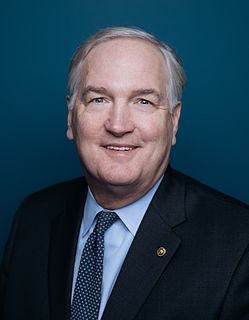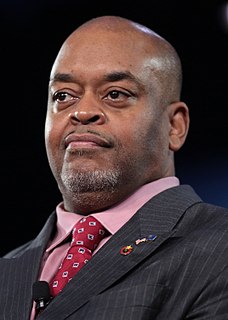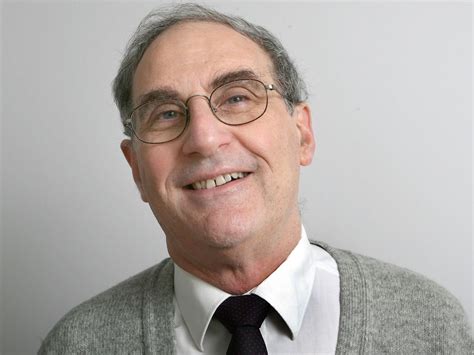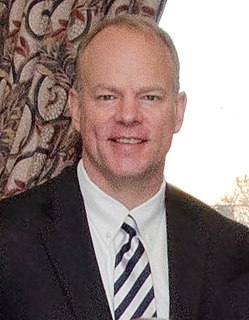A Quote by Jeff Goodell
For better or worse, the bulk of coal industry jobs are in Appalachia - and when that coal is gone, so are the jobs.
Related Quotes
The end of coal in Appalachia doesn't mean that America is running out of coal (there's plenty left in Wyoming). But it should end the fantasy that coal can be an engine of job creation - the big open pit mines in Wyoming employ a tiny fraction of the number of people in an underground mine in Appalachia.
The climate-change industrial complex pontificates that the U.S. has to stop using coal to save the planet. But even if the U.S. cut our own coal production to zero, China and India are building hundreds of coal plants. By suspending American coal production, we are merely transferring jobs out of the U.S.
A majority of Trump's voters were in favor of staying in the Paris Agreement. And if you look at what's really happening in the economy, the economic argument actually is very strongly in favor of the Paris Agreement. There are now twice as many jobs in the solar industry as in the coal industry. Solar jobs are growing 17 times faster than other jobs in the U.S.
Coal used to be a very dirty fuel but coal has become cleaner and cleaner over the decades. Clean coal now is quite clean. Clean coal now has the same emissions profile as natural gas. Clean coal can become cleaner still. We can take even more of the pollutants out of coal and I believe we should. Clean coal, I think, is the immediate answer to Canada's energy needs and the world's energy needs. There are hundreds of years available of coal supplies. We shouldn't be squandering that resource. We should be using it prudently.































